2nd Summer School on Cognitive Robotics
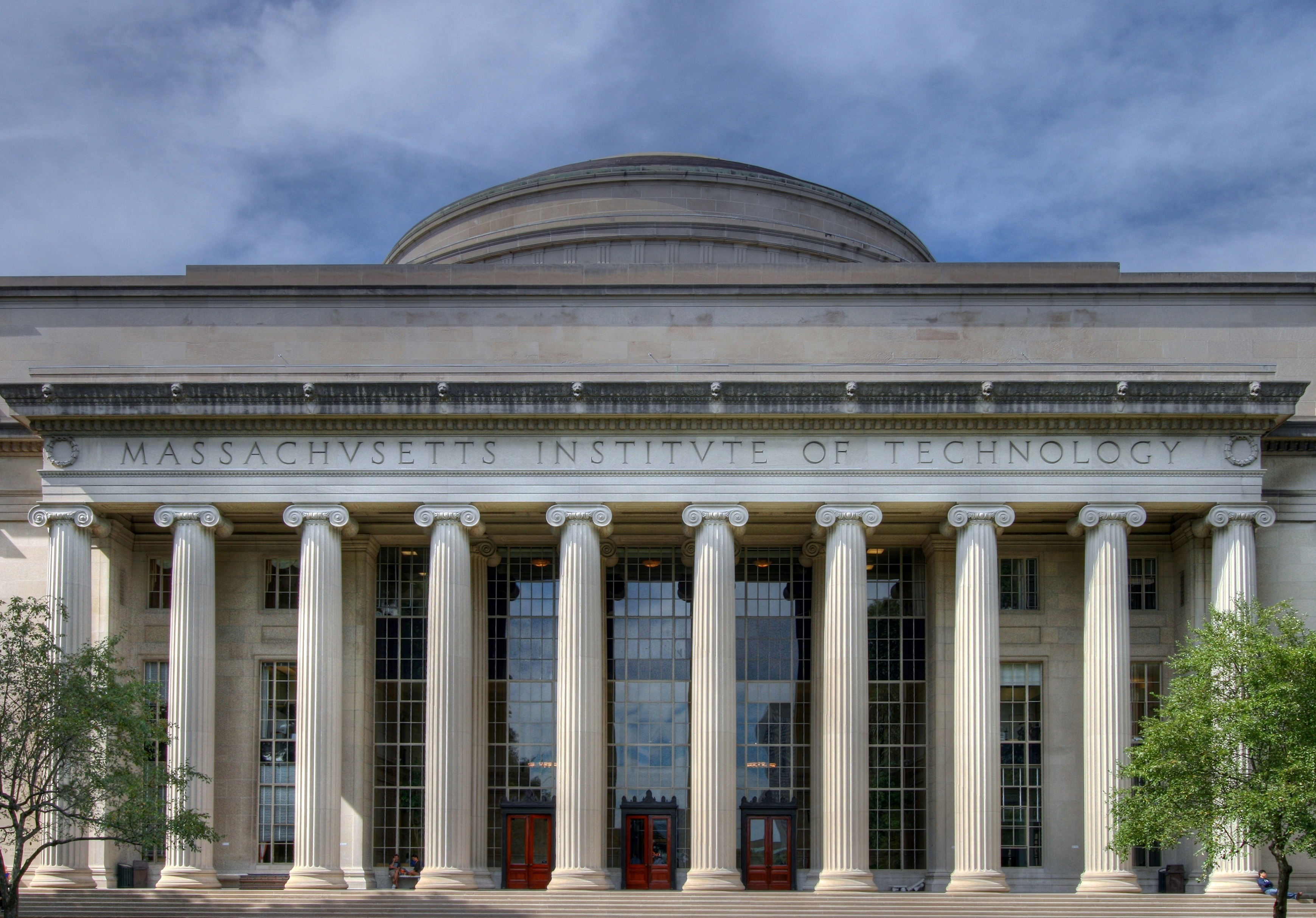



For more information about the 3rd Summer School, please visit the new website here.
The goal of this unique summer school is to help catalyze the next generation of planning researchers in AI and robotics, to work together to develop robots that are capable at both the task and motion levels. Our school will help students become equally conversant in the methods of cognitive systems and robotics, and will help them to build bridges between robotics and AI methods. The intended audience for this summer school includes top graduate students, postdocs and junior researchers, from both the cognitive AI and Robotics disciplines.
The summer school offers advanced tutorials on major elements of cognitive robotics that are required to develop capable autonomous systems. Tutorials will center around the daily themes of robust execution, motion planning, activity planner, perception and manipulation, and planning under uncertainty and risk. Because tutorials alone are not enough to have a lasting impact, we complement the tutorials with hands on lab exercises featuring a novel robotic architecture. At the end of the week, students will participate in a Grand Challenge competition that will incorporate aspects of all the labs and allow students to demonstrate what they have learned.
As a feature of our summer school, we will introduce students to the Enterprise system, a decision layer architecture which combines various decision-making components for planning and execution. We will combine this system with the Robotics Operating System (ROS) as a mobility layer to combine the perception and mobility components. Together, Enterprise and ROS will used by the students during the labs and Grand Challenge. Students will also have the opportunity to test their software on different robotic hardware, building up to the use of a fleet of robots during the Grand Challenge.
Students will not only come away from the summer school with the Enterprise system, a suite of software tools to aid them in future projects and research, they will also have access to a living collaborative community that provides them with updates to the software, gives access to extensive documentation and examples, and allows them to interact with the developers. Students will be encouraged stay connected with each other and to share this open source community with their colleagues and peers. The summer school will provide the foundation for what we hope will be a more cohesive and more collaborative community in cognitive robotics, centered around the Enterprise system.
For full details about the summer school program, please take a look at 2018 summer school booklet.
MIT is traditionally known for its advanced research and education in the physical sciences and engineering, biology, economics, linguistics, and management. It is often cited as among the world's top universities in the world. The Stata Center building in particular, where the school will be offered, is home to the Computer Science and Artificial Intelligence Laboratory (CSAIL), the Laboratory for Information and Decision Systems (LIDS), and the Department of Linguistics and Philosophy. Its striking design (featuring tilting towers, many-angled walls, glass ceilings and whimsical shapes) and its open-concept common areas provides a unique and exciting environment for students to collaborate and to be creative.
MIT stretches along the banks of the scenic Charles River, separating Cambridge from Boston. Cambridge and Boston are both vibrant areas, and include restaurants, theaters, museums, and shopping plazas, easily connected through a world-class public transportation system. Within a short distance are numerous other schools, including in or near Boston: Harvard, Boston College, Tufts, as well as the University of Connecticut (Storrs), Yale University (New Haven), and several campuses of the University of Massachusetts. There are also numerous high-tech firms in the area, most notably but not exclusively in the Boston area.
|
Please refer to the 2018 summer school booklet for more details about directions, addresses, maps, and the rooms where the tutorials and labs will take place. Boston has its own international airport, the Logan International Airport (BOS), which is located at a convenient two miles from the city center, with several public airport transportation options from and to downtown, suburban locations, and Cambridge area. There are approximately 40 airlines that serve Boston. Boston is also conveniently accessible by train and car from other popular international airports, such as John F. Kennedy International Airport (JFK) and LaGuardia Airport (LGA). From the Logan International airport, MIT is conveniently accessible by a free subway ride, as well as by taxi or car. Taxi fare from the airport is about $35 – $40 and a ride will take between 15 minutes (during non-rush hour) to 30 minutes (during rush hour). The subway fare from any two points in the network is $2.25 (Charlie Card) or $2.75 (cash) and a ride from Logan to MIT will take, under normal conditions, about one-half hour. |
|
Summer school students, including graduate students, postdoctoral researchers, junior researchers, will have the affordable
option of staying at a well-located hostel in downtown Boston, the
Hostelling International Boston. As an alternative option for students, the Cambridge and Boston area has numerous hotel and Airbnb options at a range of prices. There are many hotels within 5 – 10 minutes walking distance ( ≤ 1 km) from the MIT Stata Center, such as Boston Marriott Cambridge, The Kendall Hotel, Le Meridien, and the Windsor Inn. |
Summer school schedule. List of tutorials, speakers, and links to presented material.
Live streams of the tutorials are avaiable at the links below.
Recordings of the tutorials will be available after the program on our YouTube page.
| 8:00am - 8:45am | Registration |
| 8:45am - 9:00am |
Summer School Welcome Addresss

Speakers: Marlyse Reeves and Ashkan Jasour, MIT |
| 9:00am - 10:00am |
Introduction: Architectures and Languages for Cognitive Robotics

Speaker: Brian Williams, Massachusetts Institute of Technology |
| 10:00am - 10:30am | Break1 |
| 10:30am - 12:00pm |
Tutorial 1: Spatial Perception for Robotics

Speaker: Luca Carlone, Massachusetts Institute of Technology |
| 12:00pm - 1:00pm | Lunch |
| 1:00pm - 2:30pm |
Tutorial 2: Self-Monitoring, Self-Diagnosing Systems

Speaker: Brian Williams, Massachusetts Institute of Technology |
| 2:30pm - 3:00pm | Break2 |
| 3:00pm - 4:30pm |
Tutorial 3: Dynamic Scheduling and Uncertainty

Speaker: Robert Morris, NASA Ames Research Center |
| 4:30pm - 7:00pm | Lab 1 |
| 7:00pm - 8:00pm | Open lab hours |
| 8:30am - 10:00am |
Tutorial 4: Sampling-based Motion Planning

Speakers: David Hsu, National University of Singapore |
| 10:00am - 10:30am | Break1 |
| 10:30am - 12:00pm |
Tutorial 5: Single-Robot and Multi-Robot Path Planning

Speaker: Sven Koenig, University of Southern California |
| 12:00pm - 1:00pm | Lunch |
| 1:00pm - 2:30pm |
Tutorial 6: Trajectory Optimization for Underactuated Robots

Speaker: Scott Kuindersma, Harvard University |
| 2:30pm - 3:00pm | Break2 |
| 3:00pm - 6:00pm | Lab 2 |
| 6:00pm - 7:00pm | Open lab hours |
| 8:30am - 10:00am |
Tutorial 7: Classical Activity Planning

Speaker: Joerg Hoffmann, Saarland University |
| 10:00am - 10:30am | Break1 |
| 10:30am - 12:00pm |
Tutorial 8: Hybrid Activity and Motion Planning

Speakers: Brian Williams and Enrique Fernandez-Gonzalez, MIT |
| 12:00pm - 1:00pm | Lunch |
| 1:00pm - 2:30pm |
Tutorial 9: Planning Concurrent Timelines

Speaker: David Wang, NuVu |
| 2:30pm - 4:00pm |
Tutorial 10: Planning and Verification

Speaker: Daniele Magazzeni, King's College London |
| 4:00pm - 7:00pm | Lab 3 |
| 7:00pm - 8:00pm | Open lab hours |
| 8:30am - 10:00am |
Tutorial 11: Visual Perception for Dynamic Environments

Speaker: Oscar Pizarro, University of Sydney's Australian Centre for Field Robotics |
| 10:00am - 10:30am | Break1 |
| 10:30am - 12:00pm |
Tutorial 12: Fundamentals of Robotic Manipulation and Grasping

Speaker: Alberto Rodriguez, Massachusetts Institute of Technology |
| 12:00pm - 1:00pm | Lunch |
| 1:00pm - 2:30pm |
Tutorial 13: Multi-Vehicle Routing with Time Windows

Speaker: Phil Kilby, Australian National University |
| 2:30pm - 3:00pm | Break2 |
| 3:00pm - 6:00pm | Lab 4 |
| 6:00pm - 7:00pm | Open lab hours |
| 8:30am - 10:00am | Tutorial 14: Probabilistic Planning
Speaker: Shlomo Zilberstein, UMass Amherst |
| 10:00am - 10:30am | Break1 |
| 10:30am - 12:00pm |
Tutorial 15: Risk-bounded Motion Planning

Speaker: Ashkan Jasour, Massachusetts Institute of Technology |
| 12:00pm - 1:00pm | Lunch |
| 1:00pm - 6:00pm | Grand Challenge |
| 6:00pm - 7:00pm | Open lab hours |
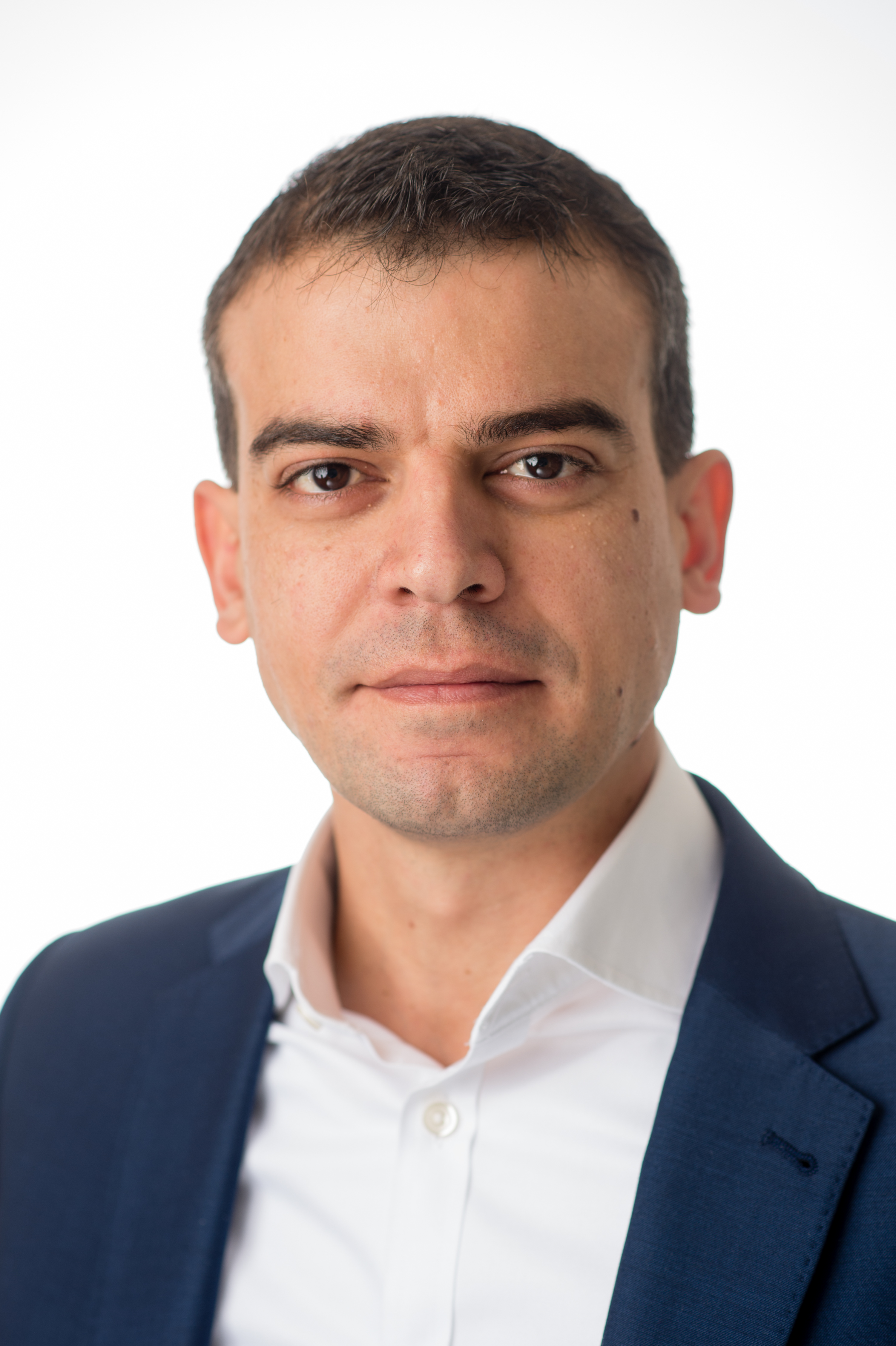
King's College London
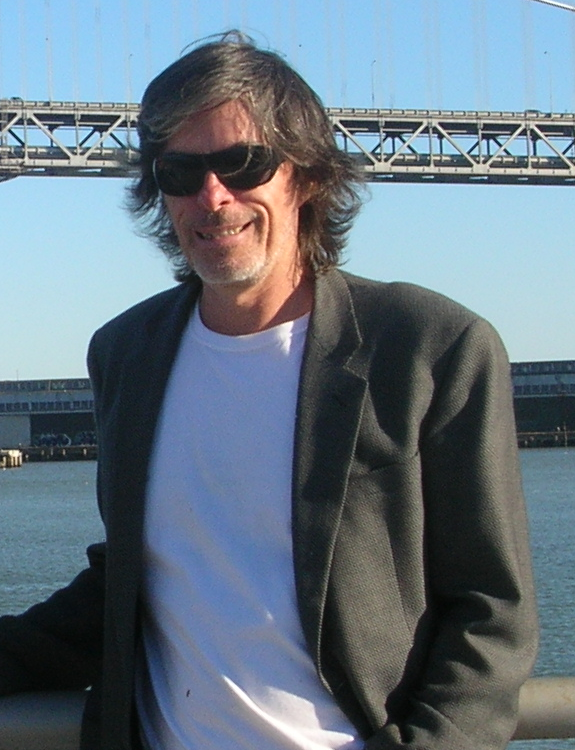
NASA Ames Research Center
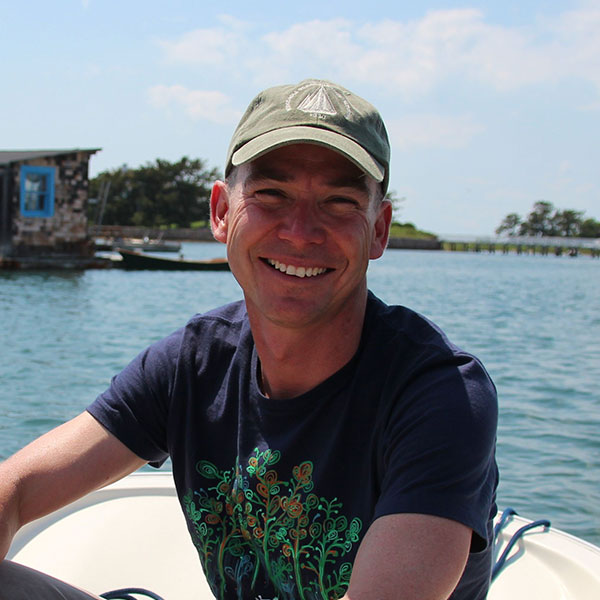
University of Sydney
In a nutshell, the registration process for candidate attendees starts by filling out an online form and uploading a couple documents. The organizing committee will then evaluate the applications and select nominally 60 participants based on relevance. Those selected will receive a notification of acceptance starting April 23, including directions for finalizing the registration and for paying the registration fee. We will continue to accept applications until the participation is full. More details below.
To apply to the summer school, fill out the online application form (see link below). Please include the following:
If you are requesting financial support for transportation to the venue, additional documentation is required in the online form. See the financial support section below.
To submit your application, please go to the Online Application Form, fill out the form and attach the required documents.
The registration will be restricted to roughly 60 participants, selected based on relevance.
Note: Preference will
be given to graduate students, postdocs or junior scientists.
The registration fee is USD 150. It covers:
Payment information will be provided to selected participants in the notification email.
We will provide financial support for transportation to/from the venue only for selected participants from US institutions. Acceptable means of transportation are airplanes, buses, and driving your own car. A limited number of grants for students will be available.
Request for such financial support should be indicated on the online application form. Grant applicants should provide:
Note: You are responsible for your own local transportation such as taxi, subway fees and parking.
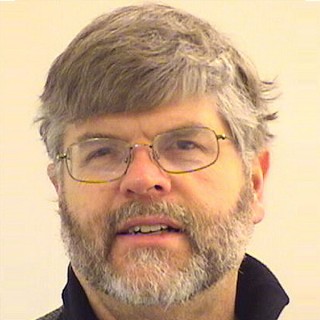 Brian Williams
Brian Williams
Co-Chair
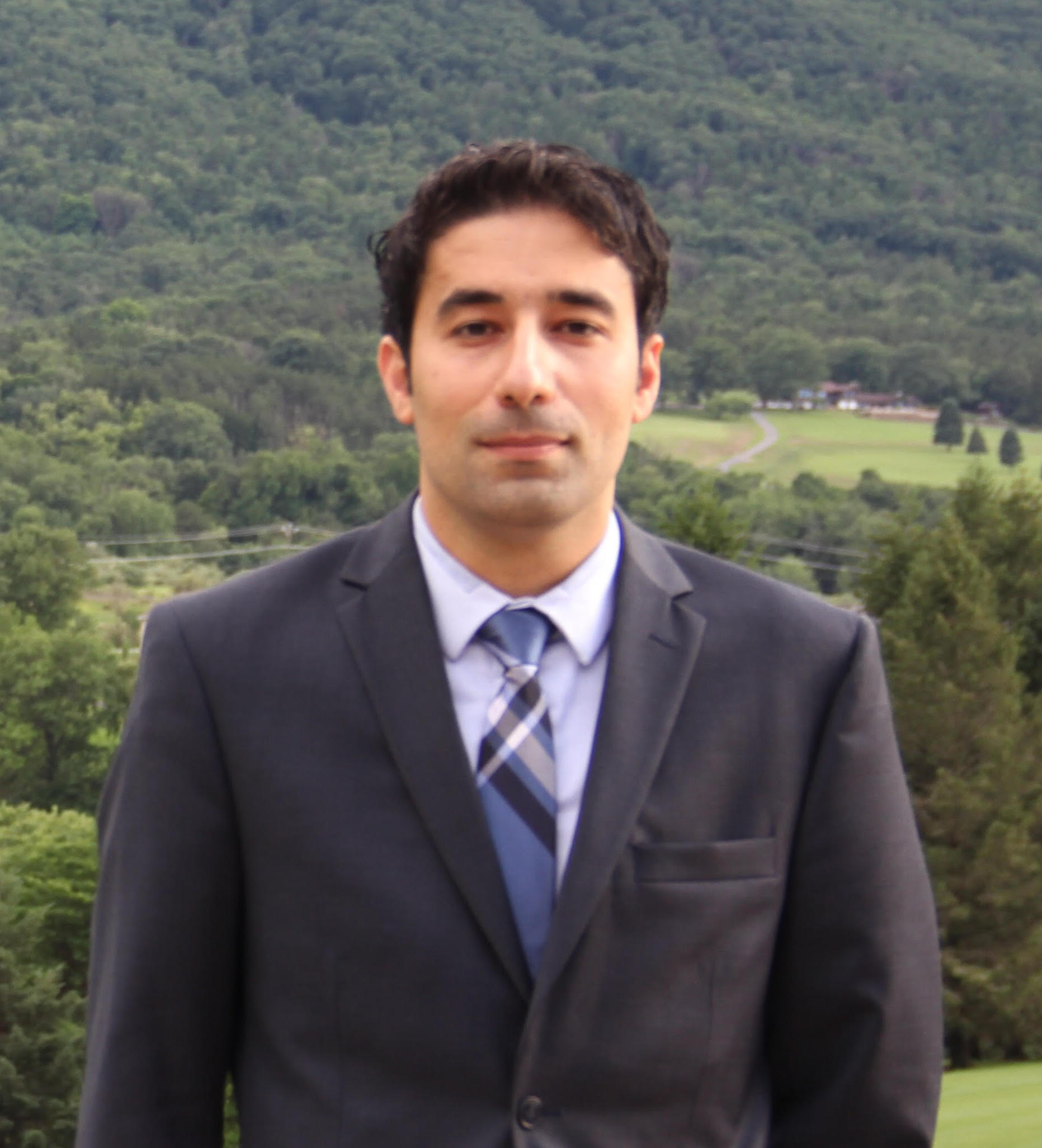 Ashkan Jasour
Ashkan Jasour
Co-Chair
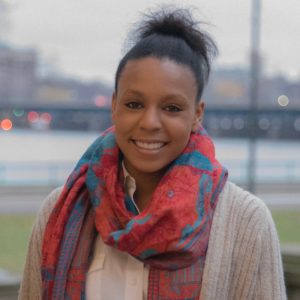 Marlyse Reeves
Marlyse Reeves
Co-Chair
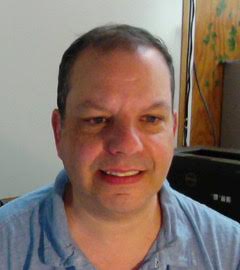 Michael Lewy
Michael Lewy
Local Arrangements
The Summer School on Cognitive Robotics is being planned and run by
the Model-based Embedded and Robotic Systems
(MERS) group at MIT.
We would also like to acknowledge the contributions of last year's organizers,
Tiago Vaquero
Eric Timmons
and the following lab members:
Send us questions and comments regarding the summer school at mers.cognitive.robotics at gmail dot com
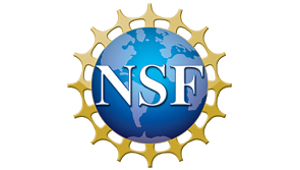
National Science Foundation
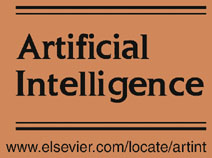
AI Journal
Boeing
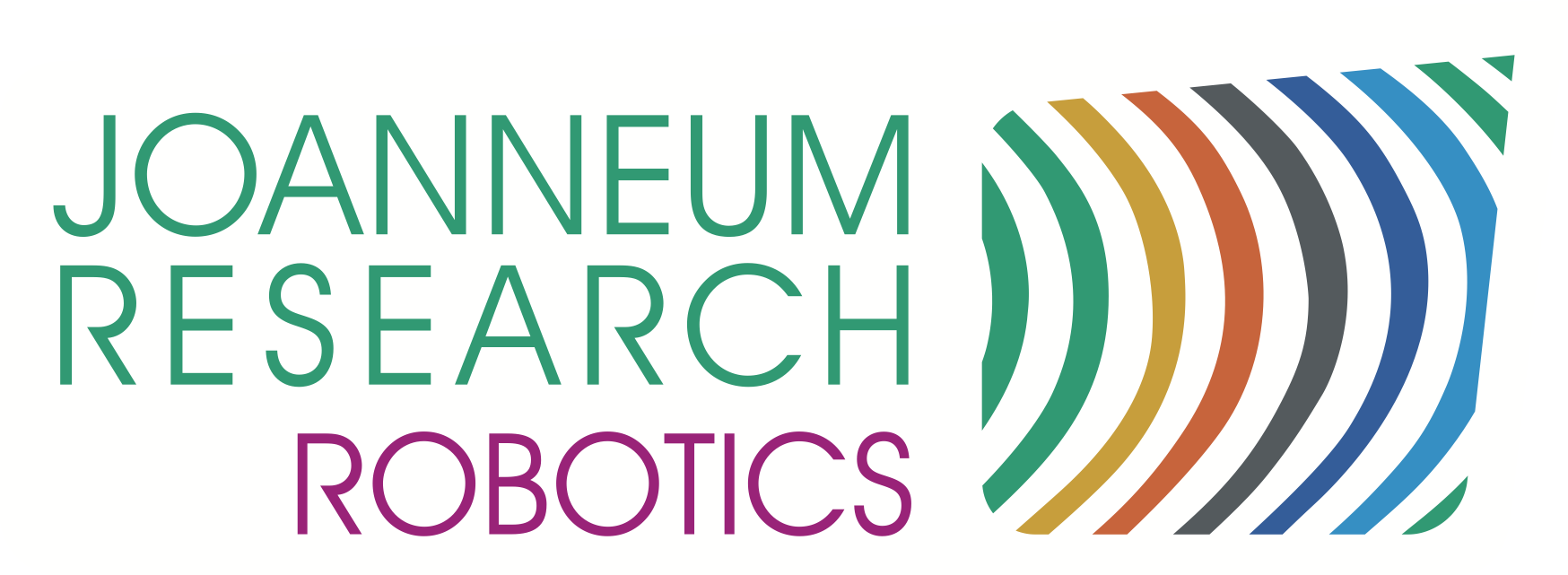
Joanneum Research Robotics

MIT AeroAstro

MIT MERS Group
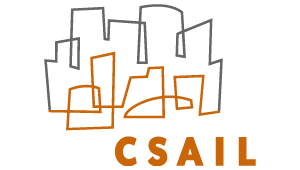
MIT CSAIL

Massachusetts Institute of Technology